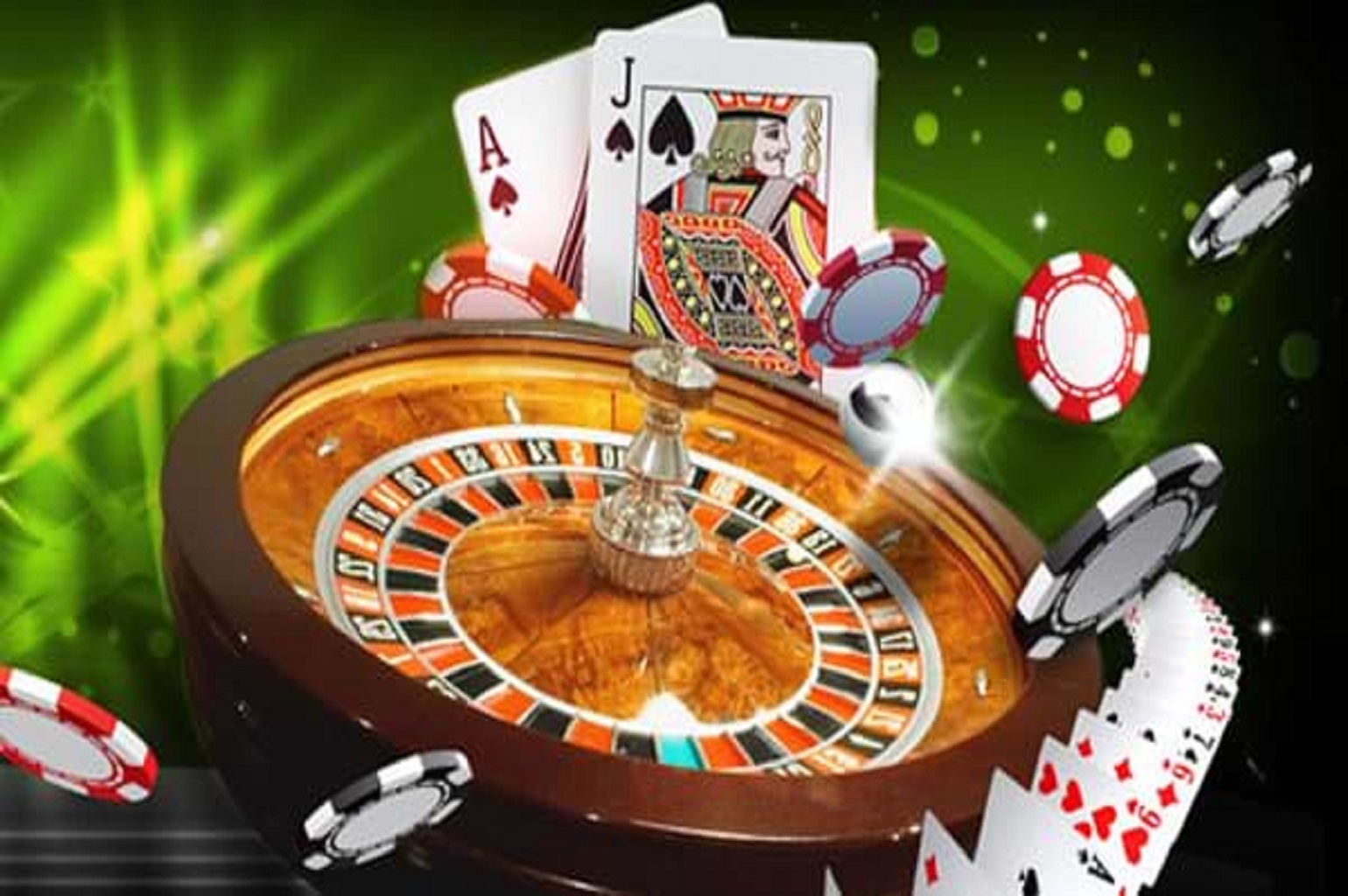
Slot machines has integrated into the tapestry of leisure across various cultures, often reflecting unique societal values, beliefs, and attitudes towards luck and opportunity. The vibrant lights and stimulating sounds of gambling machines have a global appeal, luring patrons with the temptation of adventure and the chance for fortune. However, the understanding and tolerance of this form of gambling can differ widely depending on the cultural backdrop.
In some cultures, slot gambling is embraced as a thrilling pastime, often seen as an amusing activity in social settings or special occasions. In contrasting cultures, it may be regarded with caution or even condemnation, where issues of dependency and ethical considerations dominate the discussion. Understanding these varied viewpoints enhances our understanding for how slot gambling is not just about the games themselves, but also about the rich framework of cultural influences that shape our interactions with fortune and chance.
Cultural Views on Gaming
Different societies from the world have diverse perspectives on slot gambling, influencing how it is performed and perceived. In certain communities, like in various areas in the U.S., gambling is widely accepted and incorporated into entertainment. Gaming establishments and slot machines are frequently regarded as a source of entertainment that can provide excitement and financial gain. This acceptance has led to the expansion of land-based casinos and the increasing popularity of online slot gaming, where players seek the excitement of risk.
On the other hand, in certain societies, gambling is regarded with disfavor or strong opposition. In nations where religious beliefs play a significant role, like in regions within the Middle East, slot gambling may be prohibited or subject to strict limitations. Here, gambling is often associated with social issues such as addiction or financial ruin, resulting in a negative stigma. The legal framework typically reflect these cultural attitudes, with stringent laws against gambling activities, including slot machines.
In other regions, such as many East Asian cultures, slot gambling occupies a nuanced space. While traditionally viewed as a vice, there is a growing acceptance due to the impact of tourism and economic factors. In places like Macau, slot machines have transformed into a major attraction, representing a combination of cultural acceptance and economic necessity. This change shows how cultural perspectives can evolve over time, influenced by external factors such as globalization and changing societal norms.
Regulations and Legal Frameworks
The regulation of slot gambling differs significantly across different societies and regions, reflecting each culture’s attitudes about gaming. In numerous Western countries, such as the USA and the UK, slot machines are strongly regulated. These regulations typically include strict licensing requirements for operators, age limits for players, and measures to ensure equitable play and responsible gambling. Additionally, revenue generated from gambling is generally taxed, contributing to public programs and infrastructure.
In comparison, some nations maintain a more restrictive stance to gambling, showing cultural or religious views that discourage such practices. For example, in numerous Islamic countries, gambling is prohibited, leading to an underground economy for slot machines and alternative forms of gaming. In these regions, law authorities often focuses on illegal gambling activities, while efforts to manage and reform gambling laws face significant societal pushback.
Emerging markets, particularly in parts of Asia and Latin America, are experiencing a shift towards more liberalized gambling structures. Countries like Japan and Brazil have started to explore controlled slot gambling to stimulate tourism and economic growth. These cultural shifts are frequently accompanied by discussions on how to balance the potential benefits of gambling income with the risks of addiction and social impact, leading to evolving legal frameworks that reflect the changing attitudes toward slot gambling.
Social Impact and Local Views
The perception of slot games varies widely across various societies, often shaped by societal values and economic circumstances. In certain groups, slot machines are seen as a form of entertainment and social engagement, where people gather to experience the thrill of the game together. For such groups, slot gambling is integrated into community gatherings, celebrations, and excursions, creating an atmosphere of friendship among players. It serves as a means for bonding, and the joy of winning can strengthen communal ties.
Conversely, in other societies, slot gambling is viewed with skepticism or outright disapproval. The possibility for addiction and financial strain associated with gambling can lead to adverse outcomes. Families may suffer when a member becomes too involved in slot gambling, leading to financial hardship and strained relationships. Communities that value traditional values may discourage participation in gambling activities, branding them as morally problematic and detrimental to societal welfare.
Furthermore, the financial implications of slot gambling can vary significantly depending on the cultural context. In areas where it is embraced, slot gambling can contribute notably to local economies through employment opportunities and tourism. However, in regions that resist the prevalence of gambling, there may be efforts advocating for tighter controls or outright prohibitions, highlighting the need for the well-being of the community over potential economic benefits. These conflicting views highlight the complex relationship between culture, morality, and the societal effects of slot gambling.
slot bet kecil